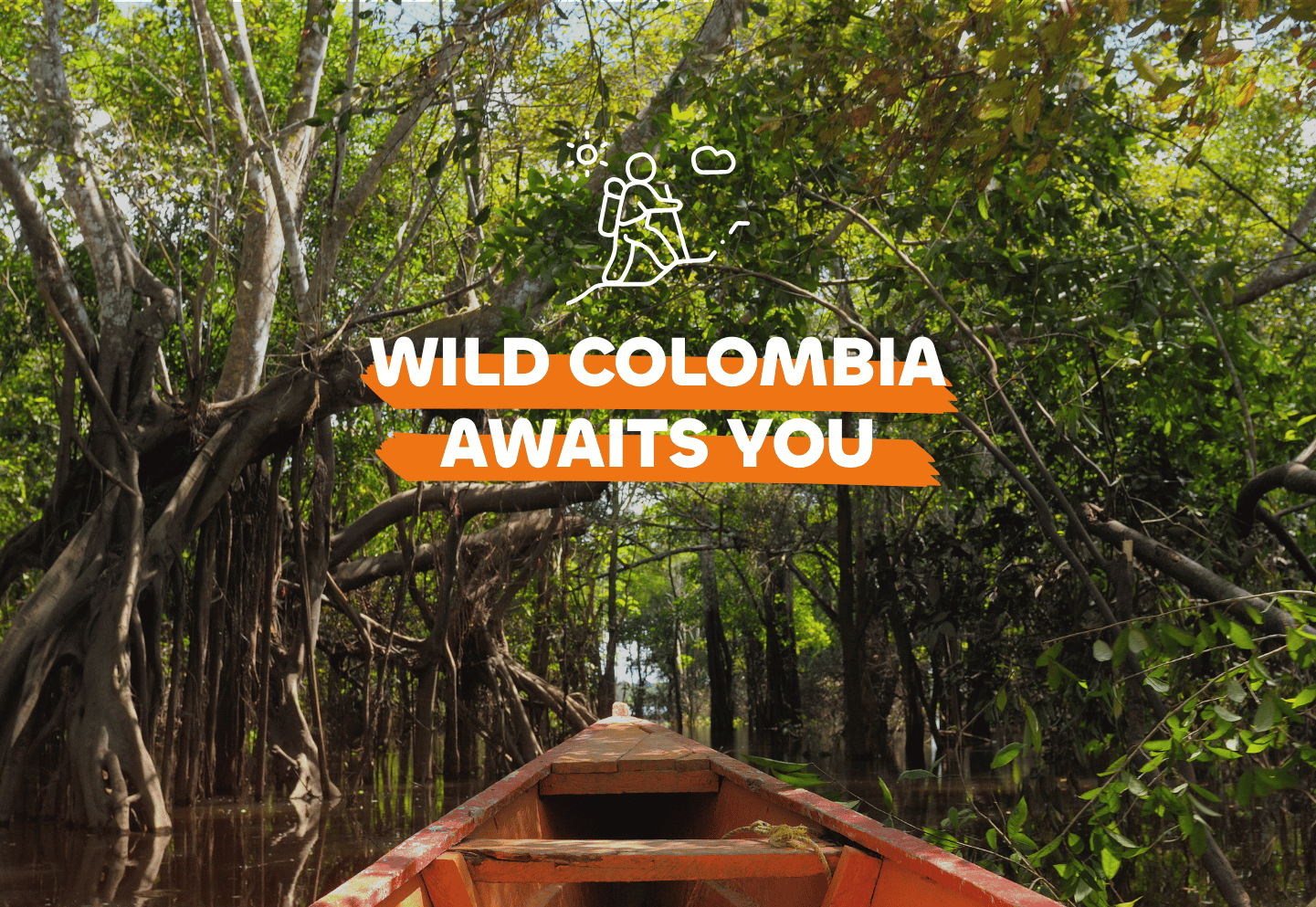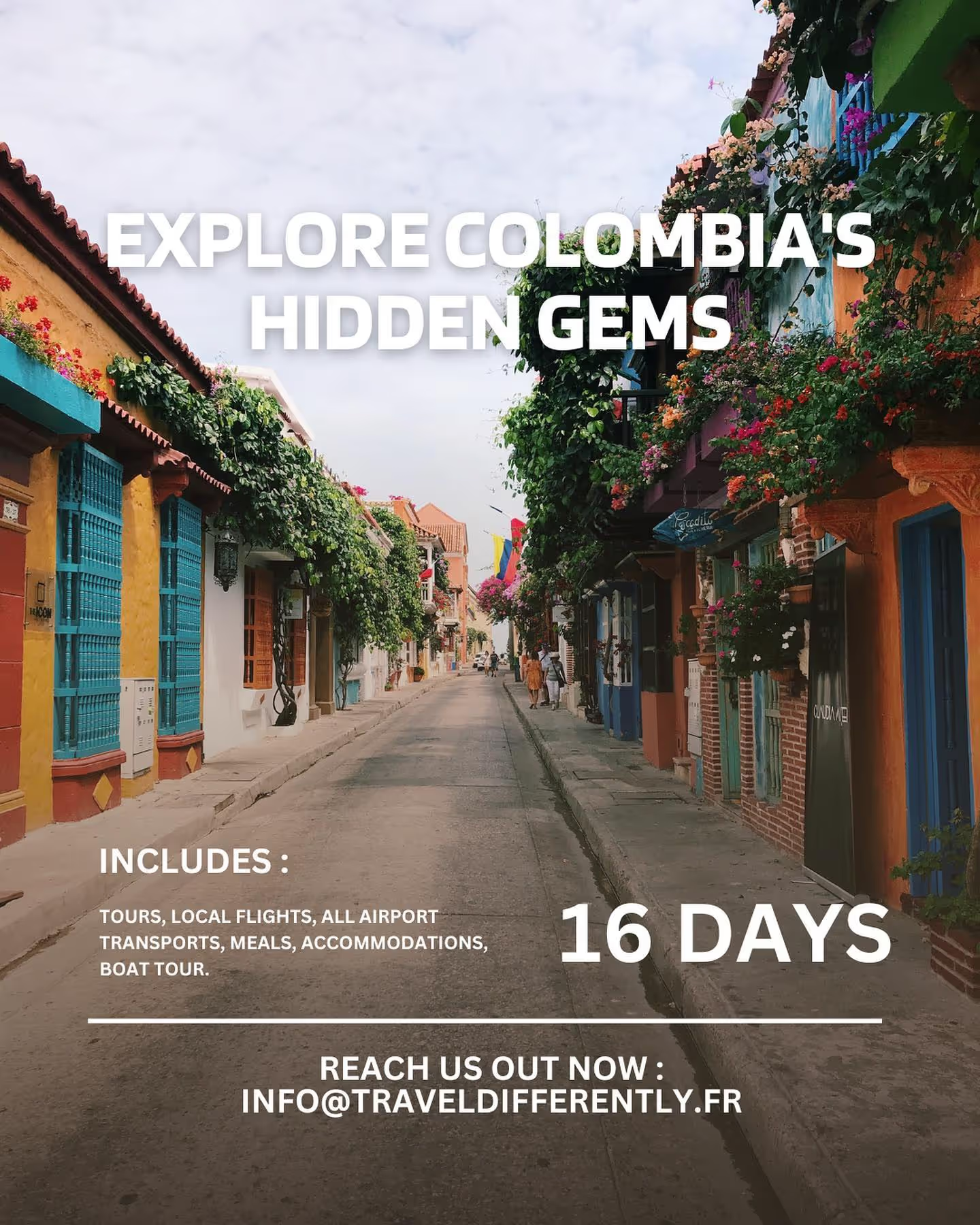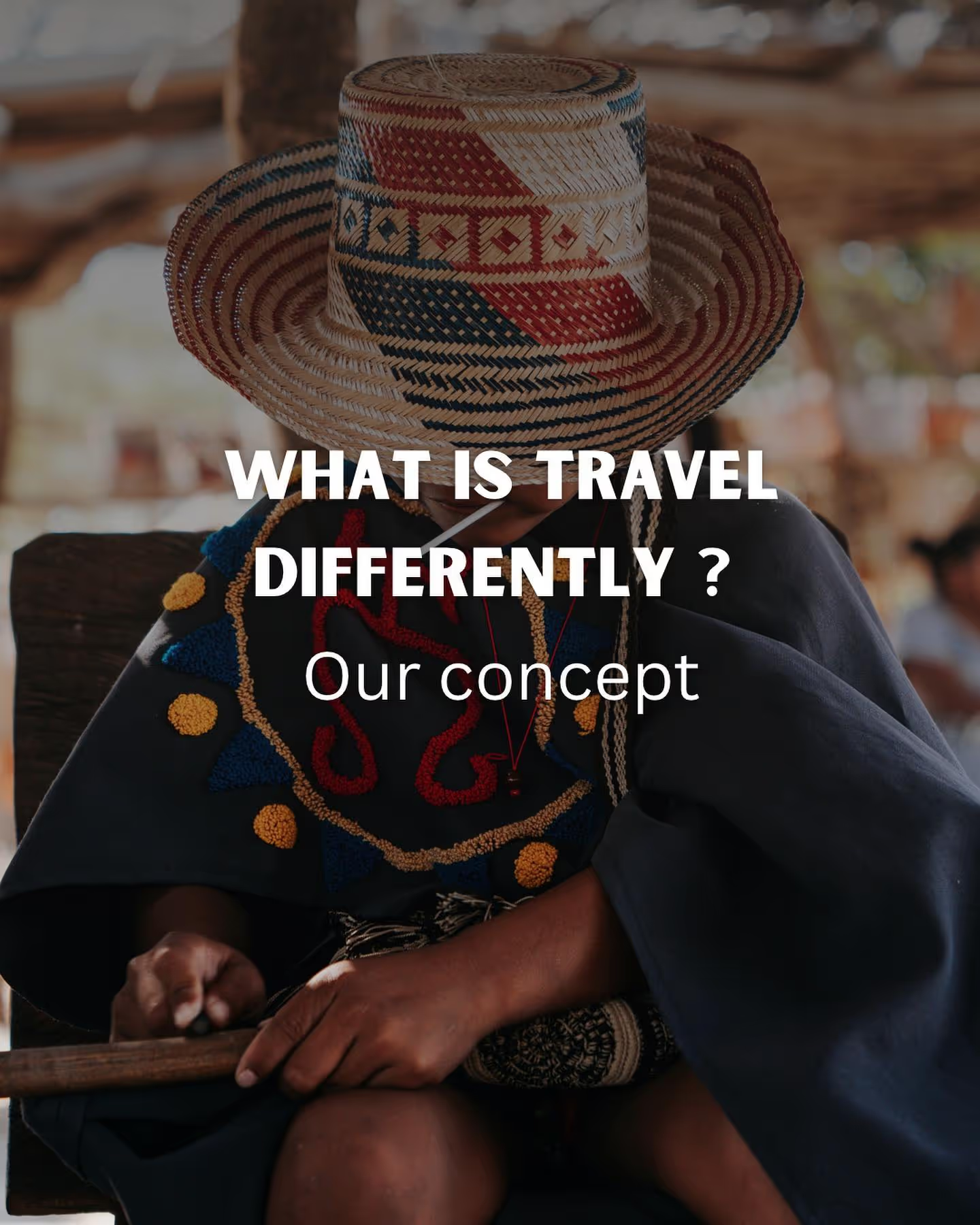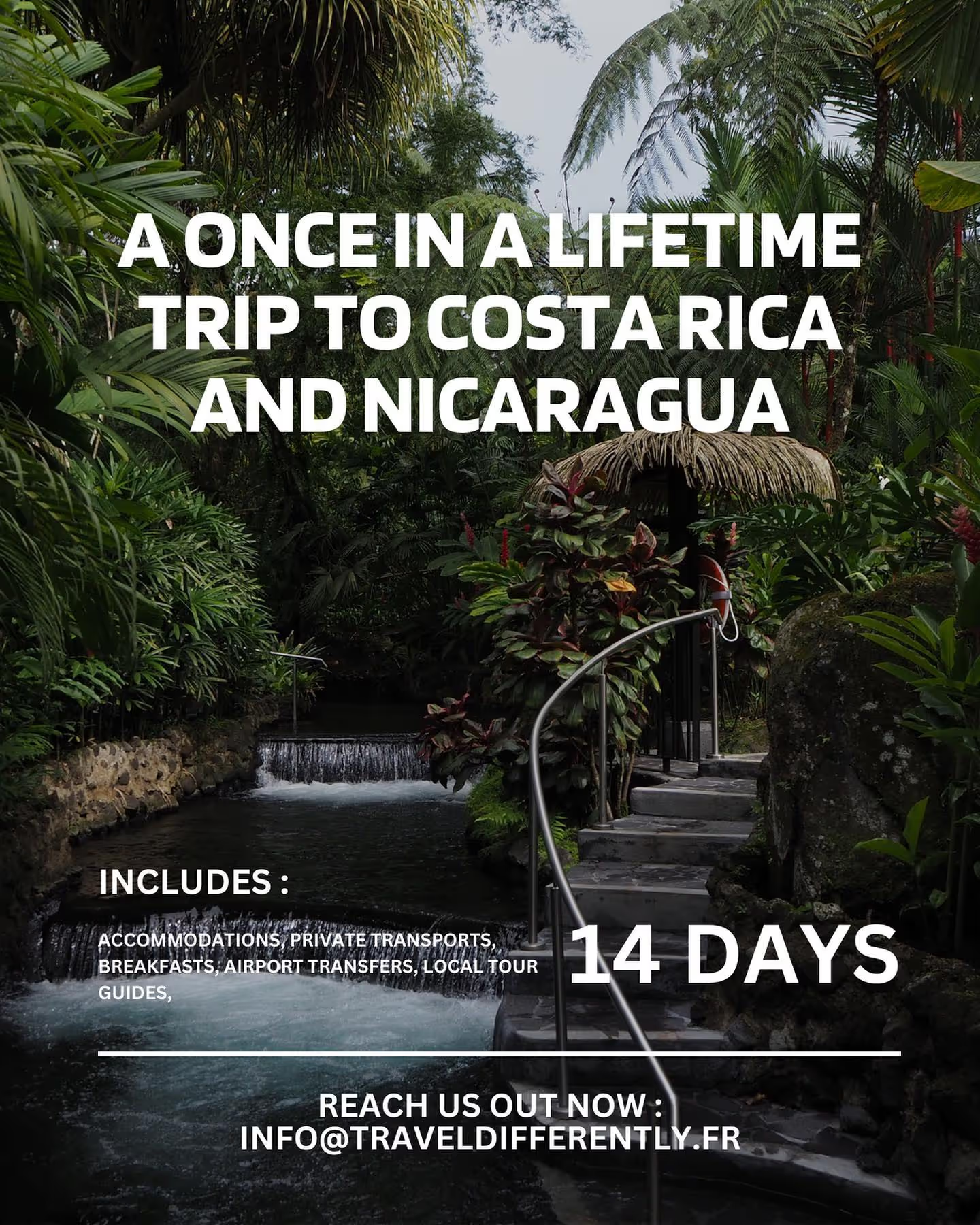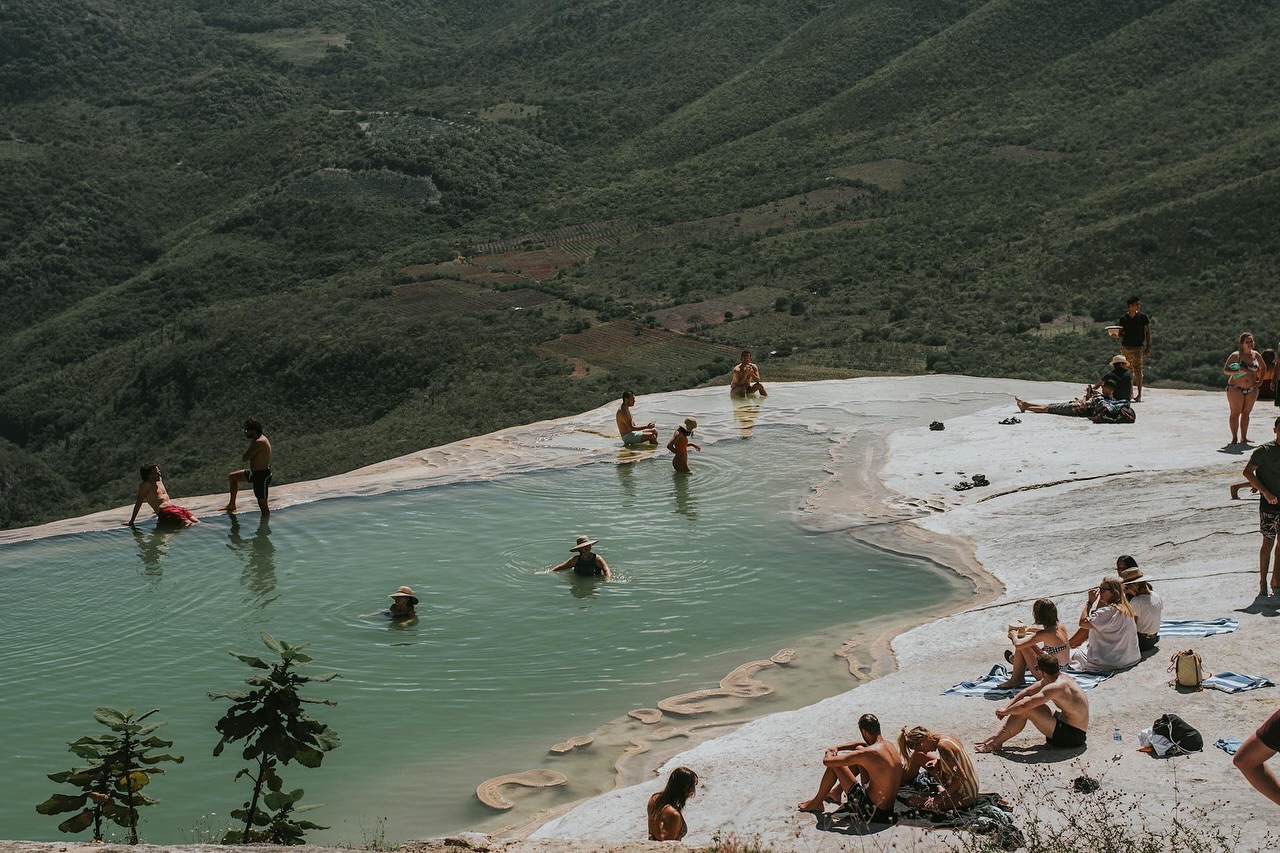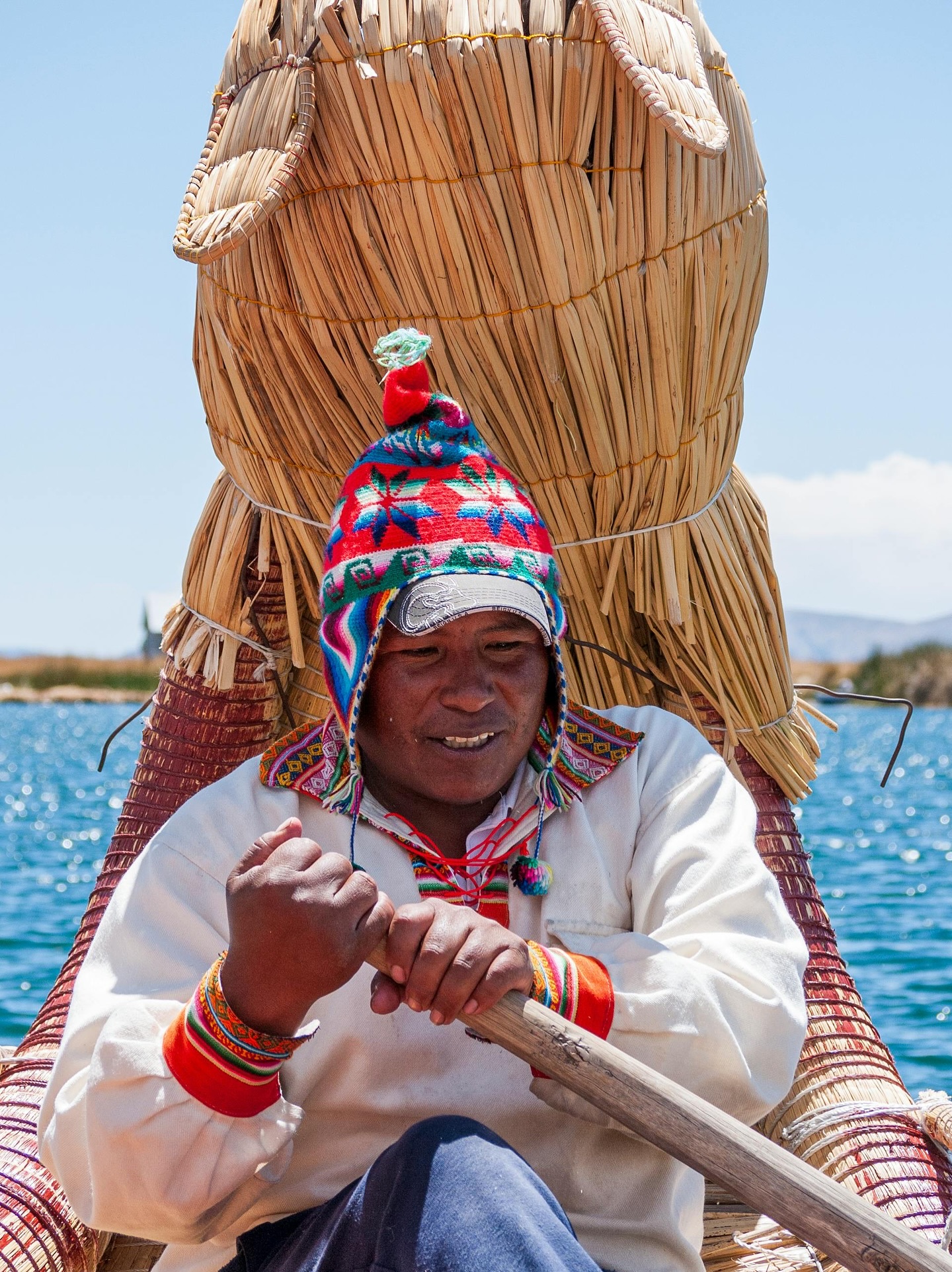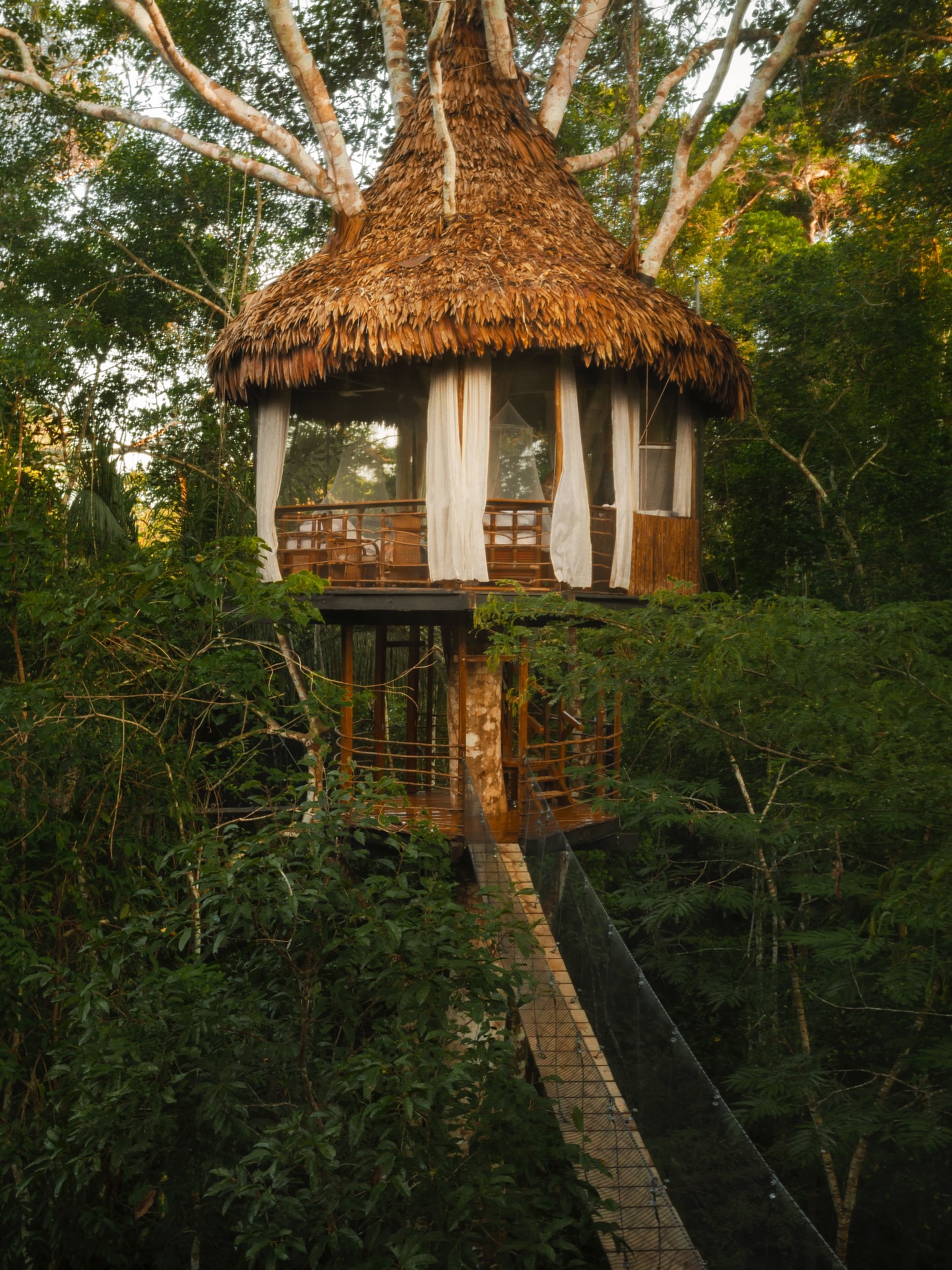Unravel the question, "How to traverse the world without devastating it?" as explored by director Tyson Sadler in his documentary, The Last Tourist.
From Thailand to Peru, Kenya to France, the challenges associated with mass tourism are scrutinized, evaluated, and contextualized, without inducing a sense of guilt. Instead, the focus is on viable solutions that can be adopted to avert these problems.
In 1979, Costas Christ, a pioneer in sustainable travel and a current journalist for the National Geographic Traveler, ventured onto the island of Ko Pha Ngan, in southeast Thailand. In "The Last Tourist", he narrates his experience as the first tourist to step onto this pristine island, then home to a few fishermen and their families.
His astonishment resurfaces as he unfolds photos of countless tourists reveling at the "Full Moon Party" on the same untouched beaches he had visited a decade earlier.

1. The Last Tourist will make you understand the importance of conscious travel !
The film vividly portrays the pressing issues of overtourism, mass tourism, and their aftermath on both the environment and local communities. It underscores the urgency of saving the future world, satisfying our travel urge, and fostering conscious travel. We have elaborated on this concept of conscious travel in our blog 9 Steps to Being a More Sustainable Traveler.
The Last Tourist shows in particular how the development of mass aviation has made previously unspoiled destinations more than accessible, and to what extent the democratization of tourism, previously reserved for an elite, has led to sometimes shocking excess.

2. Key Insights from The Last Tourist !
Apart from the visually evocative imagery, the documentary presents alarming statistics. It reveals how 80% of the world's countries depend on tourism as a primary income source. The documentary probes deep into the dark side of mass tourism, draining resources from local communities, often leaving them excluded from the benefits.
From Thailand (39.8 million tourists a year) and Cambodia (6.2 million) to the Bahamas (7.2 million) and Jamaica (4.3 million) to France, where more than 90 million visitors take selfies at the Eiffel Tower and flock to the Louvre each year, tourism is a bomb that keeps exploding. But while numbers of this magnitude mean money is being spent, mass tourism also has a huge impact on the environment, draining resources from local communities and even excluding them altogether unlike the conscious travel spirit !
In Kenya, for example, only 14% of every dollar spent stays in the country, with the rest diverted to international travel agencies and advocacy groups, even though it is the most vulnerable people in a region who bear the brunt of tourism. Locals, according to Judy Kepher-Gona, who advocates for sustainable travel, "are not integrated into the tourism value chain.”
These figures are to be put in perspective with several issues addressed throughout the documentary, in a little less than 1 hour 40 minutes. For more astounding facts and insights into sustainable travel, explore our Sustainable Travel blog category.
One of the film’s most startling disclosures are this numbers :
- 29% of millennial travellers said they wouldn’t go to a destination if they couldn’t post about it on the social media !
- About 80% of children living in orphanages have at least one living parent !
What must surprise you ... and that's normal ! We live in a world where the appearance and monetization of everything is vital, but is completely wrong.
3. Mass Tourism Impact Revealed in The Last Tourist
The film provides a glimpse into the unregulated world of "Instagrammable" destinations, animal mistreatment, voluntourism, and the economic impact of tourism on local populations.
The Internet is a driving force here. "The advent of social media has completely changed the way we travel," says Dr. Rachel Dodds of Ryerson University. "We're looking for a picture." And the latest tourist is populated by dozens of millennials carefully framing cameras in front of the massive 12th-century edifice of Angkor Wat in Cambodia, or leaning against the stone slabs of Machu Picchu.
But alongside modern travel as a mechanism for Instagram posts, it is also dominated by forces such as cruise lines peddling go-kart tracks on ships overlooking Alaskan glaciers, an intrusion that is only exacerbated by the corporate buying power that keeps their consumers on board the ship. There is little or no connection to the local environment and thus a profound lack of local utility. “It's not even a trip," says Bruce Poon Tip, an adventure tour operator and a final executive producer. "Let's just call it a transfer of environments.”
In Thailand, elephants are held captive, cruelly trained and utterly humiliated while becoming fodder for tourists. And in countries like Cambodia and Kenya, where orphanages have fueled the rise of a billion-dollar "voluntourism" industry, local children are exploited in the service of foreign visitor rescue complexes. It's neo-colonialism for the selfie.


Read this article : WHY SHOULD WE CARE ABOUT ECOTOURISM ? AND WHAT ARE THE BENEFITS OF IT ?
4. The Last Tourist's Solution: Conscious Travel
The documentary's underlying premise is that it is becoming increasingly urgent to make tourism more responsible and conscious, and that it is more and more vital for tourists to be more aware of the way they travel. The Last Tourist is a documentary in favor of a responsible tourism, conscious travel, more sustainable, which involves local populations and respects their resources. Conscious travel is about being aware of our actions' impact on the environment and local communities, and striving to minimize this impact. To learn more about conscious travel, consider our authentic travel trips where we explore responsible travel practices.
The average person who relentlessly searches Expedia or Kayak for great deals on all-inclusive packages in Mexico may not stop to consider how such a resort completely locks out the local population and prevents their economic participation.
Similarly, the visitor to Thailand who buys an elephant ride on the Kawai River is part of the cruelty that drove the animal there. The Last Tourist is most upsetting when it causes individual travelers to think about how and where they spend their money, and "leak" or waste tourism funds from a local economy.

Conscious travel is all about being mindful and responsible while exploring the world. It's about being aware of the impact our actions have on the environment and local communities, and making an effort to minimize that impact. There are many ways to practice conscious travel and make a positive impact.
Some of them include:
- Supporting local businesses and communities by staying in locally-owned accommodations and eating at locally-owned restaurants.
- Being mindful of your carbon footprint by choosing low-impact transportation options such as biking, walking, or taking public transportation.
- Respecting the culture and customs of the places you visit.
- Avoiding activities that exploit or harm animals, such as elephant rides or swimming with dolphins.
- Avoiding overcrowded and over-touristed destinations and choosing lesser-known places instead.
- Supporting sustainable tourism initiatives and companies that prioritize environmental and social responsibility.
- Educating yourself about the issues facing the places you visit and ways to help mitigate them.
By taking these steps, we can all make a positive impact while traveling and help to preserve the world's most beautiful places for future generations to enjoy. If you're interested in learning more about conscious travel, check out our authentic trips where we explore different ways to travel responsibly."
5. Travel yes, but travel differently !
Nevertheless, the documentary does not fall into the guilt of tourists, and brings on the contrary tracks of reflection to curb mass tourism. For example, the director met with women established on the tourist route to Machu Picchu, Peru, where they make blankets, clothes and other scarves.
When traveling with some tour operators, tourists make a small detour to visit these indigenous women, who can now live off their production. The documentary also shows other "community tourism" initiatives, including the possibility for tourists to stay with local people according to rules established by themselves. These are all inspiring keys to travel with an awareness of one's impact.
That's what we do at Travel Differently :

6. Where can I watch "The Last Tourist" ?
Simply go to The Last Tourist website and follow the instructions to watch it according to your country! (Note that it is available in France on Brut X).
7. The Last Tourist has to be shared to educate the population about conscious travel !
In conclusion, "The Last Tourist" not only brings to light the most glaring problems afflicting global travel today but also captures the physical wonder and enduring sense of community that our world continues to harbor. This film explores the stark realities of tourism, the repercussions it holds for local communities, wildlife, and the environment, and the unconscious consumerism associated with travel. Yet, it also unveils the enduring beauty and community spirit that still thrives in our world.
It's a powerful call to action for us to reconsider our travel habits, to be mindful of our impact on the places we visit, and to support local businesses and economies. As travelers, we have a responsibility to understand where our money is going and how it can truly benefit local communities.
As an organization, our philosophy aligns with the message put forth by "The Last Tourist". We believe in, and advocate for, sustainable travel, encouraging a sense of consciousness and responsibility among travelers. For a deeper understanding of our company's philosophy and our advocacy for sustainable travel, we invite you to explore our concept page.
The next time you plan your vacation, remember to travel differently. Let's contribute to a better world, one journey at a time, keeping in mind the invaluable lessons we've learned from "The Last Tourist".
If you like adventure movies, here is the 10 best hiking movies to watch in 2022 !
{{component-create-my-trip="/"}}
Frequently Asked Questions (FAQ)
1. What is the main message of "The Last Tourist" documentary?
The Last Tourist aims to educate viewers on the impact of mass tourism on local communities, wildlife, and the environment. It emphasizes the importance of conscious travel, showing how travelers can minimize their footprint, support local economies, and protect natural resources.
2. How does mass tourism affect local communities?
Mass tourism often drains resources from local communities, excludes them from economic benefits, and can lead to cultural commodification. For example, in Kenya, only 14% of every tourist dollar stays within the country, with the rest directed to international travel companies.
3. What are some shocking statistics highlighted in the documentary?
The documentary reveals that 80% of the world’s countries rely on tourism as a primary income source. However, despite these economic gains, tourism often benefits large corporations more than local populations. Additionally, 29% of millennial travelers admit they would skip a destination if they couldn’t post about it on social media, indicating how social media drives travel behaviors.
4. What are the environmental concerns associated with all-inclusive resorts and cruise ships?
All-inclusive resorts and cruise ships often isolate travelers from local communities, funneling revenue away from the local economy. Cruise ships, for example, promote onboard activities instead of encouraging visitors to explore local culture and landscapes, leading to minimal benefits for local economies and significant environmental impact.
5. How can travelers support conscious travel practices?
Travelers can practice conscious travel by supporting local businesses, using eco-friendly transportation, respecting local customs, and avoiding activities that exploit animals or harm the environment. Choosing lesser-known destinations and sustainable travel providers also helps minimize the negative impacts of tourism.
6. Where can I watch "The Last Tourist" in France?
The Last Tourist is available on various streaming platforms, including Brut X in France. Check The Last Tourist official website for viewing options in your region.
7. What is voluntourism, and why is it controversial?
Voluntourism involves travelers participating in volunteer projects abroad, but it can sometimes exploit local communities, especially children, as seen in the billion-dollar orphanage industry. The documentary warns that voluntourism can create a neo-colonial dynamic, where locals become a commodity for tourists rather than beneficiaries of their visits.
8. What is conscious travel, and how can I practice it?
Conscious travel is about making mindful choices that benefit the places and communities you visit. This includes staying in locally-owned accommodations, avoiding exploitative activities, and choosing eco-friendly options. To learn more about responsible travel, visit our Sustainable Travel Blog.
9. How does Travel Differently support sustainable travel?
Travel Differently promotes sustainable travel by curating authentic trips that respect local communities and ecosystems. Our mission aligns with the principles of "The Last Tourist," and we strive to educate travelers on ways to explore responsibly. Learn more about our commitment to sustainable tourism on our Concept Page.






.avif)
.avif)
%2520(1).avif)

.png)

